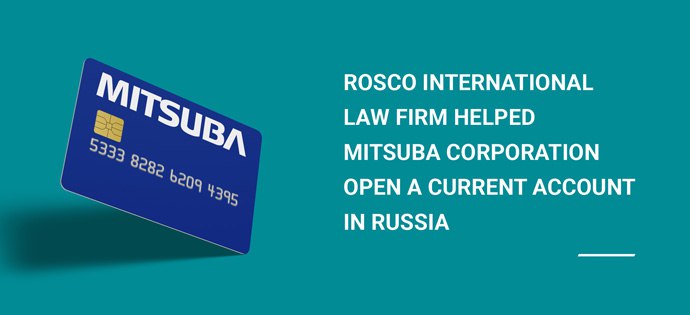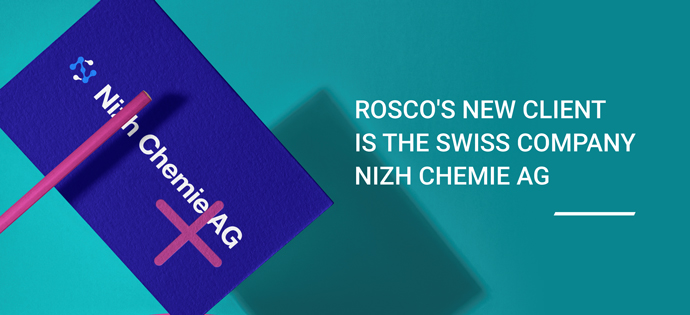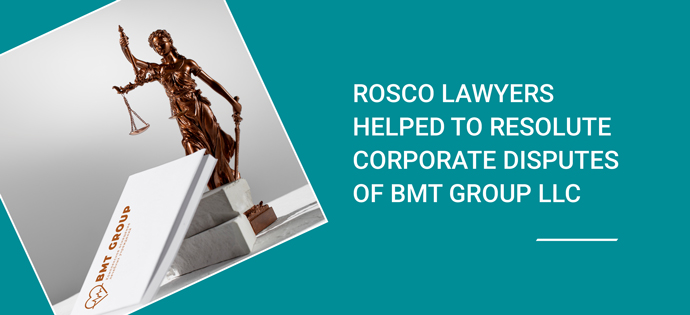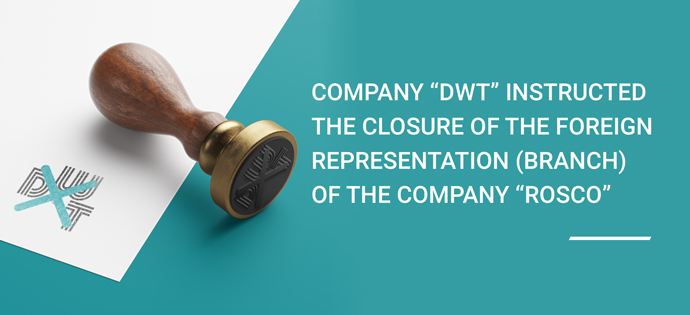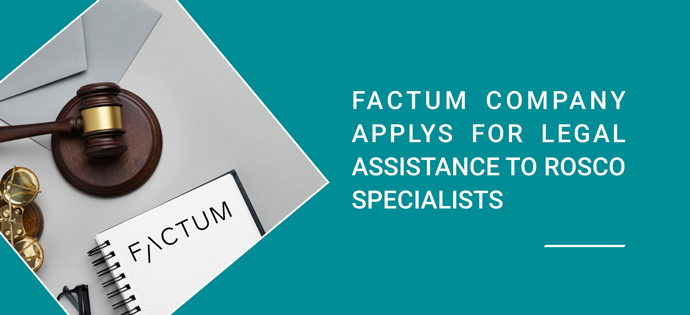“RosCo” company lawyers won the case against tax authorities and confirmed the Company’s right for the legal name RosСo
As it is established by court and follows from the case materials, on 10.08.2012 LLC Bilancho submitted to the Interregional Inspectorate of the Federal Tax Service No 46 for the city of Moscow the documents for state registration of alterations to be made in foundation documents. The alterations concerned the change of the applicant’s name from LLC Bilancho to limited liability company RosСo-Bilancho (abbreviated name LLC RosСo).
On 17.08.2012 the Interregional Inspectorate of the Federal Tax Service No 46 for the city of Moscow made a decision to deny public registration (Form Р50001) on the basis of the applicant not following the procedure for approval for issues of changes in legal entity – a permission had not been obtained from the government of Russian Federation to use the words “Rossiya (Russia)”, “Rossiyskaya Federaciya (Russian Federation)” and words and word groups based on them within the name of an organization, and also because of lack of the document confirming the payment of state duty for the right of using the name “Russia”, “Russian Federation”.
Considering that this decision did not meet the requirements of the law on registration of legal entities, LLC Bilancho petitioned the arbitration court to declare the aforementioned non-normative legal act invalid.
“Rossiya”, “Rossiyskaya Federaciya” and the words and word groups based on those.
As the company pointed out, the word RosCo does not have the same radical as the words “Rossiya”, “Rossiyskaya Federaciya”, since the former’s radical is ‘rosco’, and the latter’s is ‘ross’. The word “RosCo” has a radical composed from two syllables, ‘ros’ and ‘ko’. Russian language does not have a separate word ‘ko’, so it would not be correct to view the word RosCo as a formative noun based on the name “Rossiya” or “Rossiyskaya Federaciya”.
Also, the word RosCo is not unambiguously associated with the name “Rossiya”, since the Russian language has many words containing a part of the “ros” radical, for example, ‘roskosh’ (luxury), ‘rosa’ (dew), ‘rostok’ (sprout).
The court of the first instance agreed with this position, and the court of appeal supported it.
See the text of the judicial decision in its full version.

